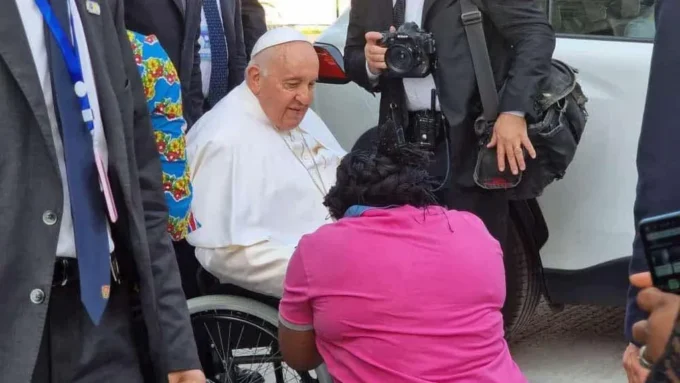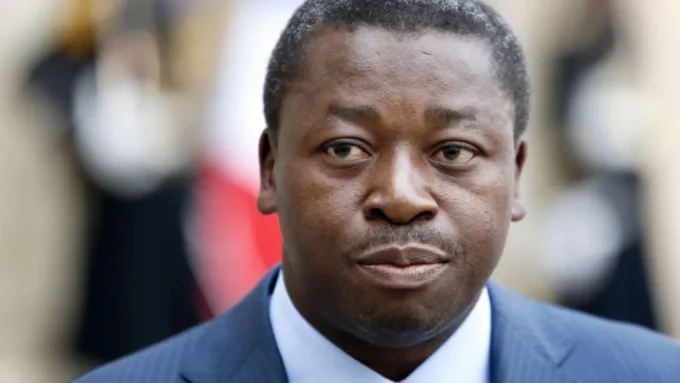On the 31st anniversary of Melchior Ndadaye’s assassination, Burundi honored the legacy of its first democratically elected president, a leader whose vision for national unity and peace continues to resonate. Ndadaye, a trailblazing Hutu leader, marked a significant chapter in Burundi’s journey toward inclusive governance, yet his assassination in October 1993 during a failed coup attempt derailed his reforms and ignited a dark chapter of civil unrest and violence.
A Presidency of Hope and Change
Melchior Ndadaye’s rise to the presidency in June 1993 represented a historic turning point for Burundi, marking the country’s first democratic election and the election of its first Hutu president. His victory brought hope to a nation long divided along ethnic lines, with a Tutsi-led military and a marginalized Hutu majority. His agenda focused on bridging these ethnic divisions and advancing unity, offering a vision of a new Burundi where both Hutu and Tutsi communities could thrive and build a prosperous future together.
Upon taking office, Ndadaye moved swiftly to initiate reforms aimed at ending systemic discrimination and creating a more inclusive society. His policies encouraged Hutu-Tutsi cooperation and sought to build equitable institutions for all Burundians. His vision, however, provoked resistance from factions within the Tutsi-dominated army, who saw his reformist agenda as a direct threat to their established power.
The Coup and Assassination: A Tragic Turning Point
Just three months into his presidency, Ndadaye’s life and mission were cut short. In October 1993, a group of soldiers orchestrated a coup that led to his assassination, marking a tragic reversal for a nation yearning for unity and democratic rule. Ndadaye’s death became the catalyst for one of the darkest periods in Burundi’s history, igniting brutal inter-ethnic violence between the Hutu and Tutsi communities.
His assassination and the ensuing violence led to a decade-long civil war, marked by mass killings, displacement, and economic decline. The conflict claimed over 300,000 lives and entrenched ethnic divisions that, even today, shape Burundi’s political and social landscape. The civil war disrupted Burundi’s path toward development and profoundly affected generations of Burundians, leaving wounds that remain tender three decades later.
Honoring Ndadaye’s Legacy
On the anniversary of his death, Burundians gathered to honor Ndadaye’s memory, participating in a commemorative ceremony filled with deep reflection. The observance began with a mass in his honor, followed by the laying of wreaths at the Independence Monument, a symbol of Burundi’s fight for self-determination and unity. The gathering included government officials, civil society representatives, and members of the general public, each paying their respects to a leader whose vision extended beyond the ethnic divide.
President Evariste Ndayishimiye led the tributes, emphasizing Ndadaye’s dedication to building an inclusive society. “Melchior Ndadaye dreamed of a Burundi where every citizen could live freely and peacefully, without fear or discrimination,” Ndayishimiye remarked. “His vision for unity and democracy remains a guiding light for our nation as we continue to work towards lasting peace and stability.”
Local leaders and members of the clergy also paid homage to Ndadaye, emphasizing the enduring importance of his ideals. His legacy, they said, serves as a reminder of the need for resilience and dialogue in overcoming division. Many who attended the ceremony believe that Ndadaye’s memory underscores the importance of inclusive governance and that Burundi’s peace depends on the realization of these ideals.
The Continuing Impact of Ndadaye’s Vision
Ndadaye’s brief presidency is a testament to the power of democratic values, even in the face of immense adversity. His legacy inspires ongoing efforts to heal the scars of Burundi’s past, urging current and future generations to embrace peace, reconciliation, and shared progress. Since the end of the civil war in 2005, Burundi has made strides toward stability, though challenges remain in building a society fully free from the ethnic tensions that have defined its recent history.
Today, Ndadaye’s ideals are reflected in national policies that prioritize inclusivity, community resilience, and equal opportunities for all Burundians. Programs aimed at rebuilding social cohesion and enhancing governance are rooted in his vision, while his legacy remains a central theme in Burundi’s pursuit of lasting peace.













Leave a comment